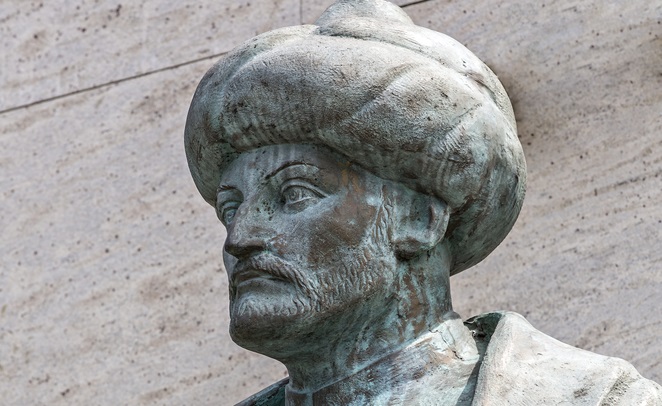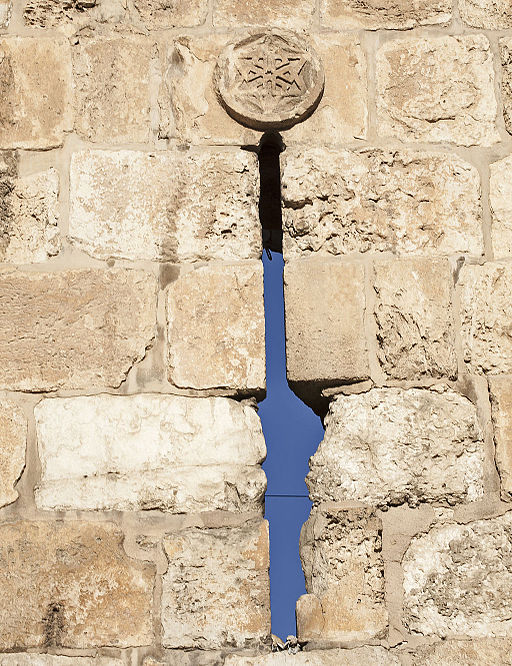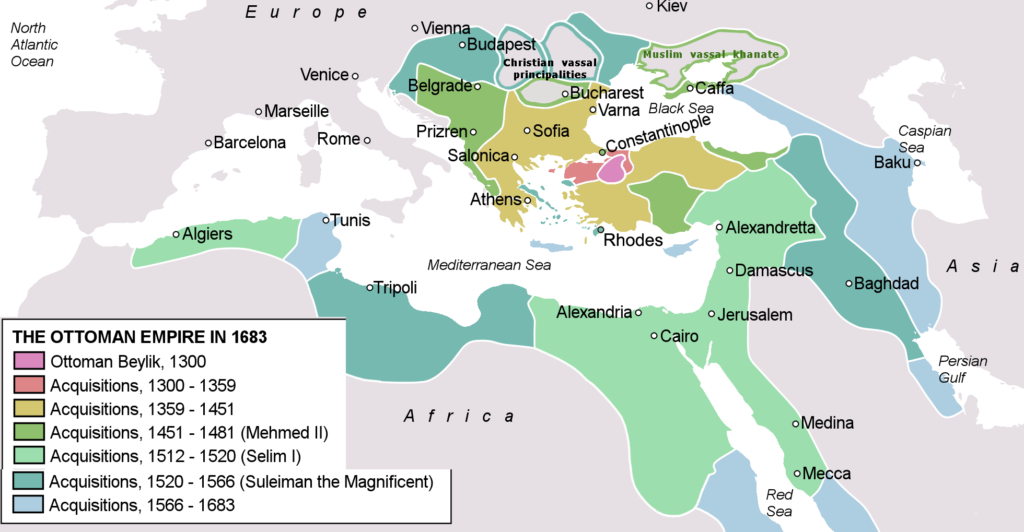
1510 AD to 1530 AD, Psalm 122: Soleiman the Magnificent.
This site was first built in French (see www.147thgeneration.net). The English translation was mainly done using « google translation ». We have tried to correct the result of this translation to avoid interpretation errors. However, it is likely that there are unsatisfactory translations, do not hesitate to communicate them to us for correction.
(for that click on this paragraph)
Summary
This generation of the 1510s and 1520s.
According to our count, this generation is the 122nd generation associated with Psalm 122. It is in this Psalm 122 that we therefore find an illustration of the facts of this generation.
For this generation, it is necessary to make a link with the “110” generation associated with the last psalm, before the one associated with the present generation, where it is King David who speaks.
Many of the Jews who fled Spain sought refuge in the Ottoman Empire. This failing in Europe ensures its expansion around the Mediterranean. He puts an end to Mamluk power with, as an immediate consequence for Judaism, the control of the land of Israel and Jerusalem in this generation.
The conquest of Palestine by the Ottomans allows the Jews to resettle in the land of Israel and in particular in Jerusalem. Many Jews are taking advantage of the renewal and the new security to settle in the Holy Land, which benefits from the renovation undertaken during the reign of Soleiman the Magnificent.
Talk
David speaks again
Before attempting to understand the body of the psalm itself, one must be interested in its title, indeed, after a long silence, David is again associated with this psalm.

The last time David had officially expressed himself in a psalm was for Psalm 110, absent in Psalms 111-121. In the Psalm of this generation 110, because of the Barcelona dispute, Nahmanide had emigrated in Palestine by creating a new synagogue in Jerusalem.
Ottoman expansion in the Mediterranean
The Barcelona dispute is a sign of the coming change of the fate of the Jews in Christian Spain, which will be largely confirmed in the generations that precede the present generation. The departure of Nahmanide for the Holy Land is also a precursor of an emigration movement of the Iberian Jewish population to the Holy Land. Emigration movement intensifying as the situation of Jews deteriorates in Spain and Portugal. This is particularly the case in the present generation where the Holy Land passes from Mamluk domination to Ottoman rule.
This new authority greatly facilitates both the settlement of the Jews in the Holy Land and the renewal of Jerusalem, the city of David. That is why, after hailing Nahmanide’s return to Jerusalem marking the new beginning of a continued Jewish presence in Jerusalem, David kept silent to break the present generation, which marks the penultimate stage of evolution of the status of Jerusalem in relation to the Jewish people. The last step will be the official and definitive possession of the city by its people, in progress today.
The Jews of the Iberian Peninsula who have escaped have found refuge some in the Maghreb others in Italy and many also are those who take refuge in the Ottoman Empire which by the capture of Constantinople is a rising power of the Mediterranean .
After conquering Hungary, it turns to Vienna at the end of this generation (1529) but without success, which puts an end to the European aims of this empire. On the other hand, in the Mediterranean, the Ottoman Empire increased its presence by fighting both the new Persian empire and especially by putting an end to the Mamluk power with, as an immediate consequence for Judaism, the control of the land of Israel and Jerusalem. to this generation.
Indeed, if the Ottomans fail to expand their conquests in Europe, they assert their domination over the Mediterranean world, thus ensuring once again a bipolarization of the world, at least as regards the contours of the ancient world (Europe, Orient).
The conquest of Palestine allows Jews to relocate to the land of Israel and in particular to Jerusalem until this land becomes a Jewish land four to five centuries later. Indeed, apart from the British occupation, the Ottomans are the last colonizers of the land of Israel:
- When [1] Jewish travelers speak of a Jerusalem « in ruin and desolation », they mean that the Holy City is subject to foreign domination and that the Temple is not rebuilt there. In fact, Moses Bassola, who visits Jerusalem in 1521, describes a lively and lively city:
- « Although Jerusalem is in ruin and desolation, there is still a little of its beauty, at least in its beautiful houses and markets. Jerusalem has four covered markets: one market is reserved for Muslims traders in fabrics, another for Jews, mostly mercers and perfumers, the third is a fruit market, in the fourth one sells all kinds of foods and fruits. There is a fifth market, more beautiful than all the others, which has several shops reserved for the cotton trade. At the end of this market a door gives directly to the Temple … »
Thus the image of Jerusalem, alive, which appears to the Jews of this generation who have the chance to go there, corresponds to the harmonious city that the beginning of the psalm of this generation commemorates with if it is not a rebuilt temple, access at least to its doors (the porticoes of the psalm):

- A song of ascents of David. I rejoiced when they said to me, « Let us go to the house of the Lord. »
- Our feet were standing within your gates, O Jerusalem.
- The built-up Jerusalem is like a city that was joined together within itself.
Soleiman the Magnificent
This renovation of Jerusalem continues under the reign of Suleiman the Magnificent, many Jews take advantage of this renewal and new security to settle in the Holy Land.

It is this return to Sion which augurs for a definitive return a few centuries later that the psalmist evokes in the rest of the psalm, Jerusalem as it is built by the Ottomans will change almost no more until the taking possession by the Jewish people in the twentieth century:

- There ascended the tribes, the tribes of God, testimony to Israel, to give thanks to the name of the Lord.
- For there were set thrones for judgment, thrones for the house of David.
- Request the welfare of Jerusalem; may those who love you enjoy tranquility.
- May there be peace in your wall, tranquility in your palaces.
- For the sake of my brethren and my companions, I shall now speak of peace in you.
- For the sake of the house of the Lord our God, I shall beg for goodness for you.

[1] Gérard Nahon: « The holy land at the time of Kabbalists ». (French: « La terre sainte au temps des Kabbalistes ». (p. 24 à 26) )

